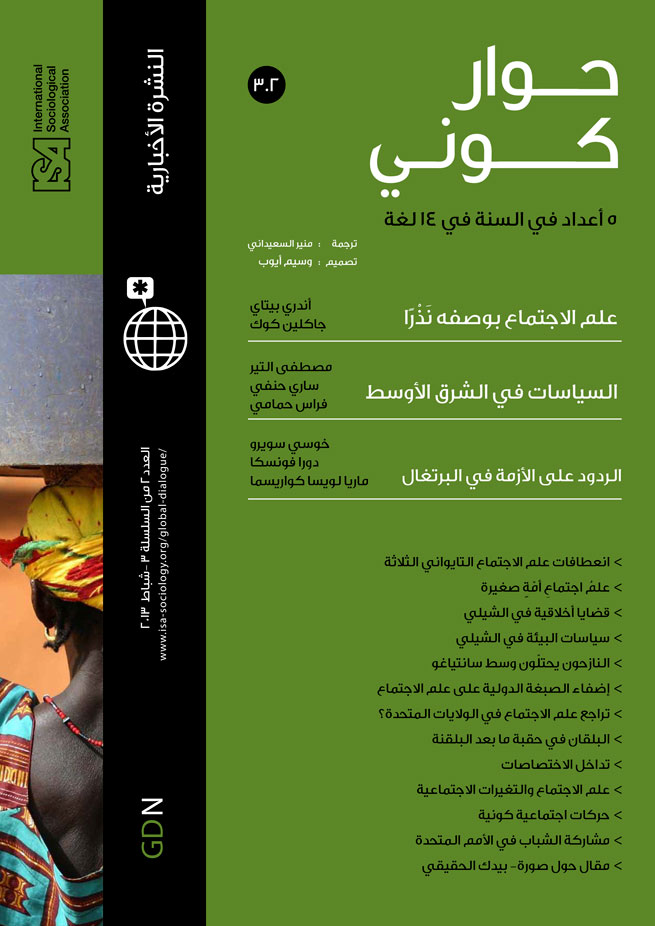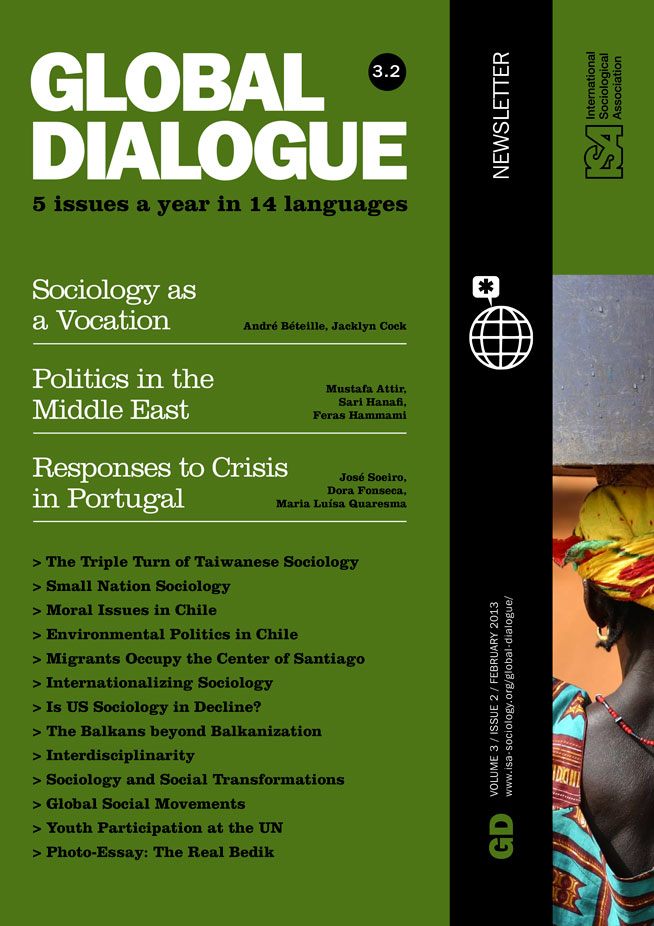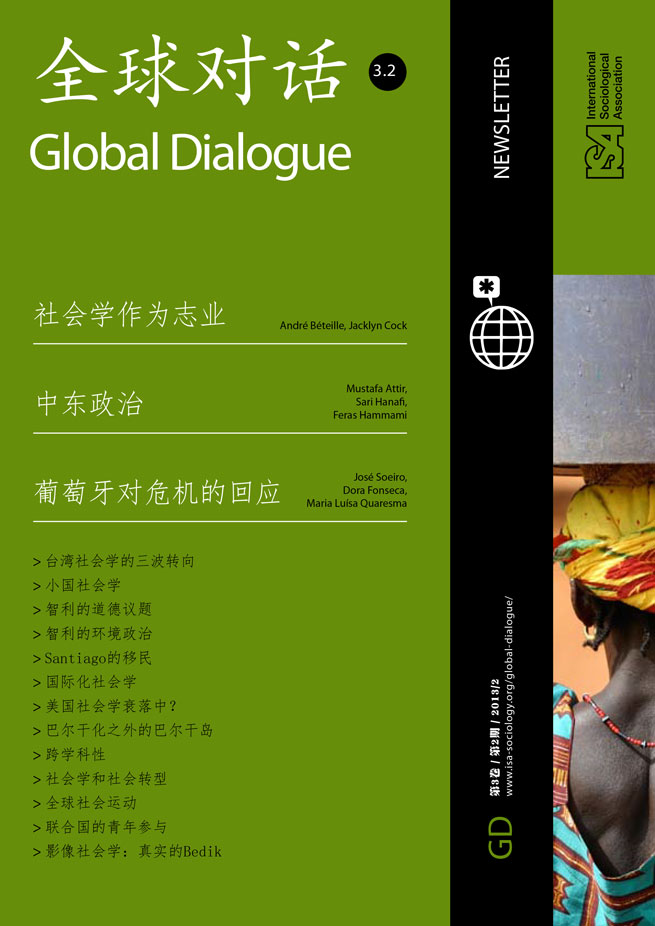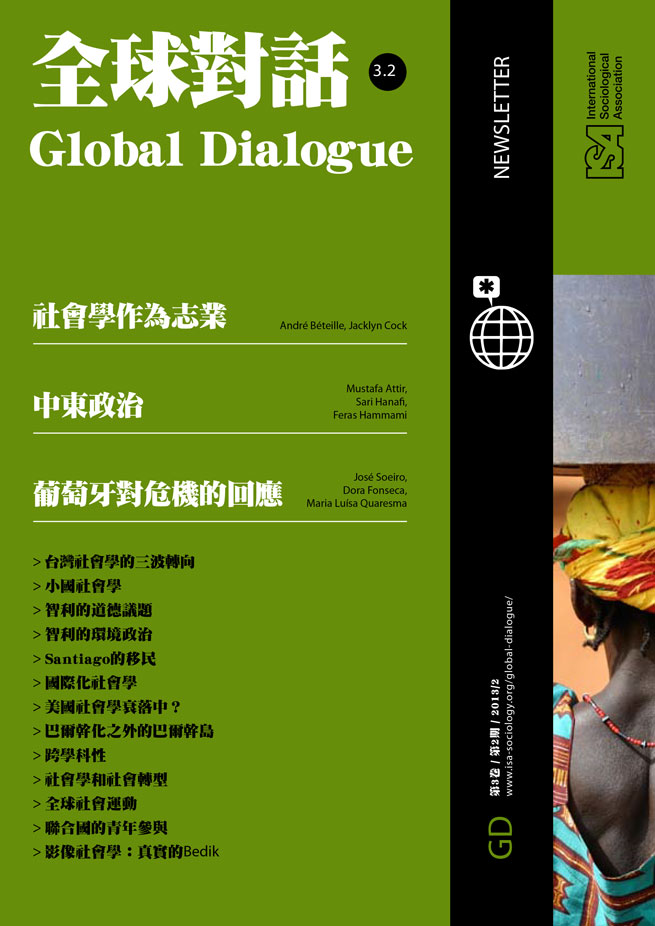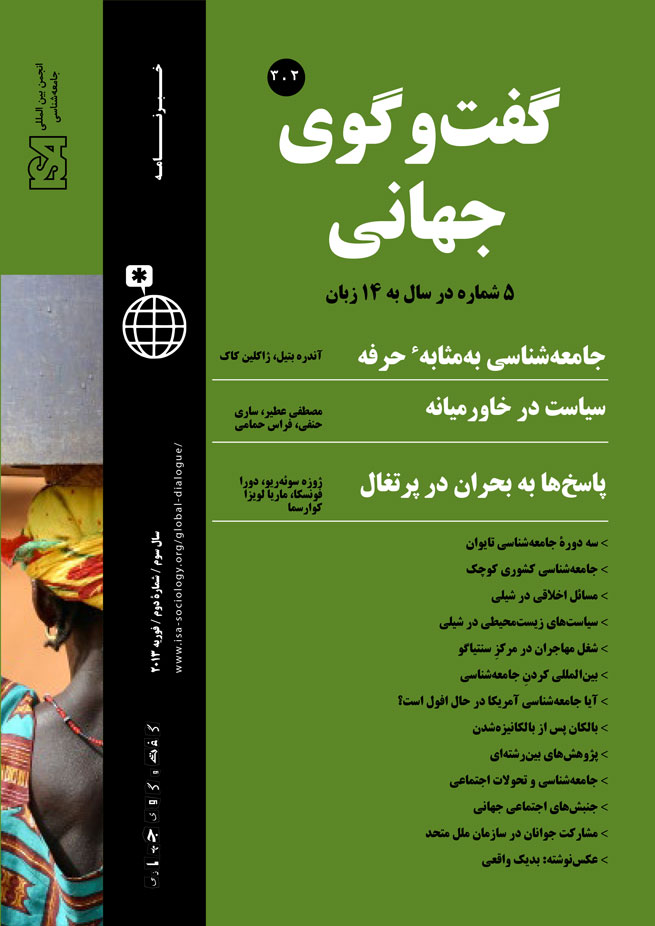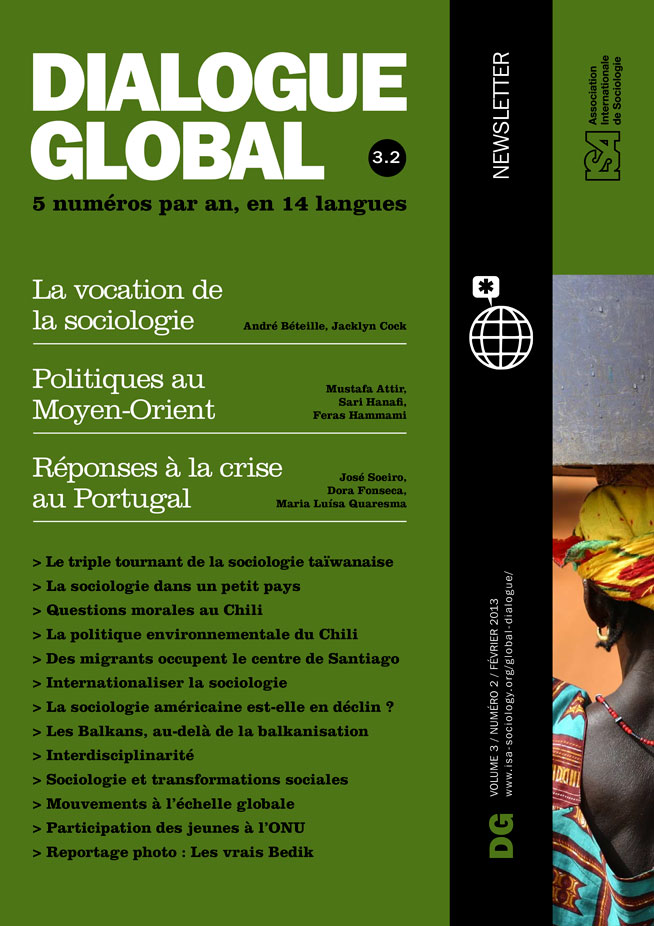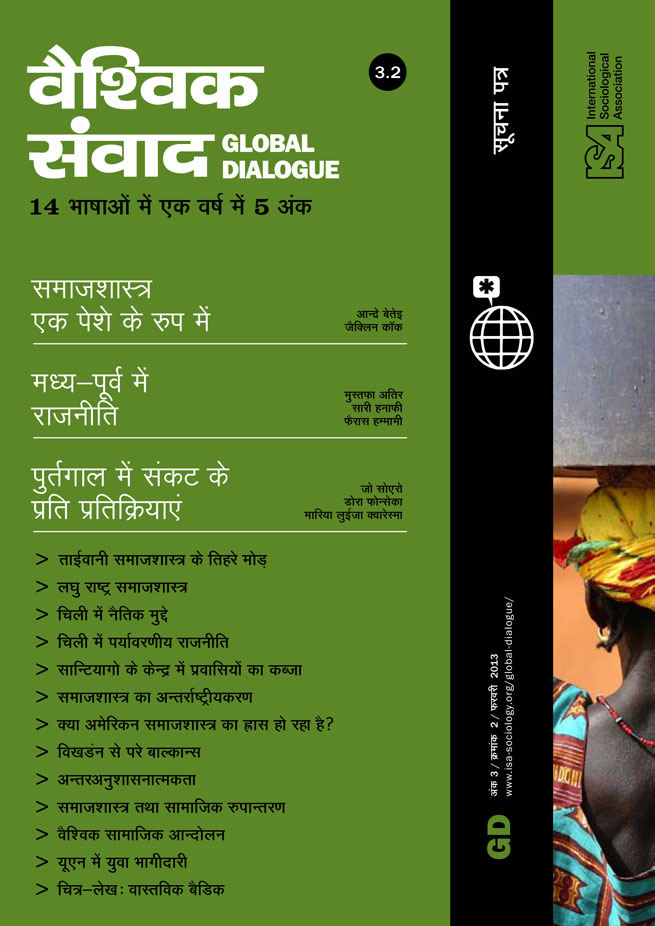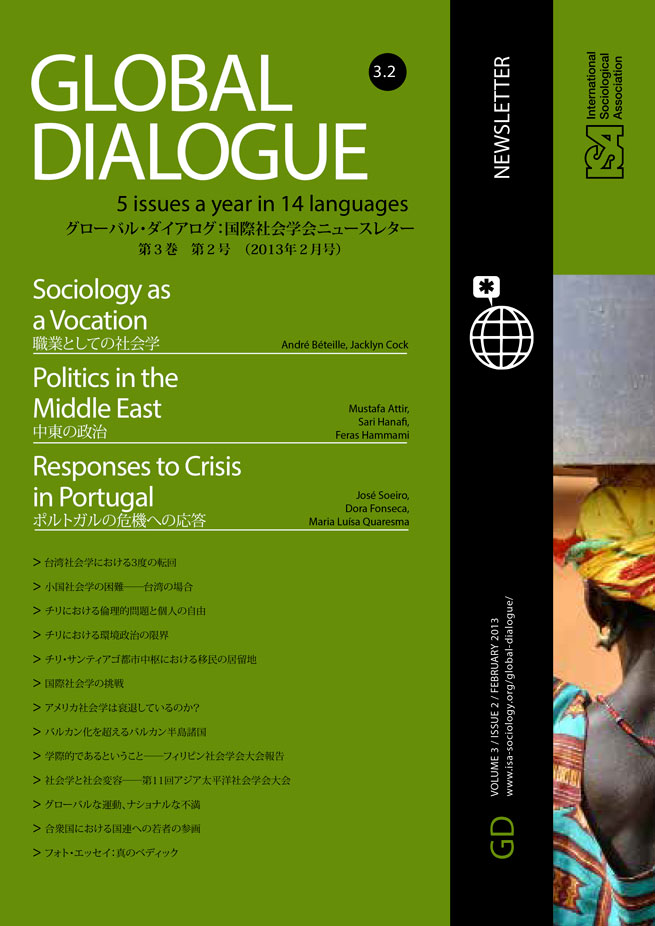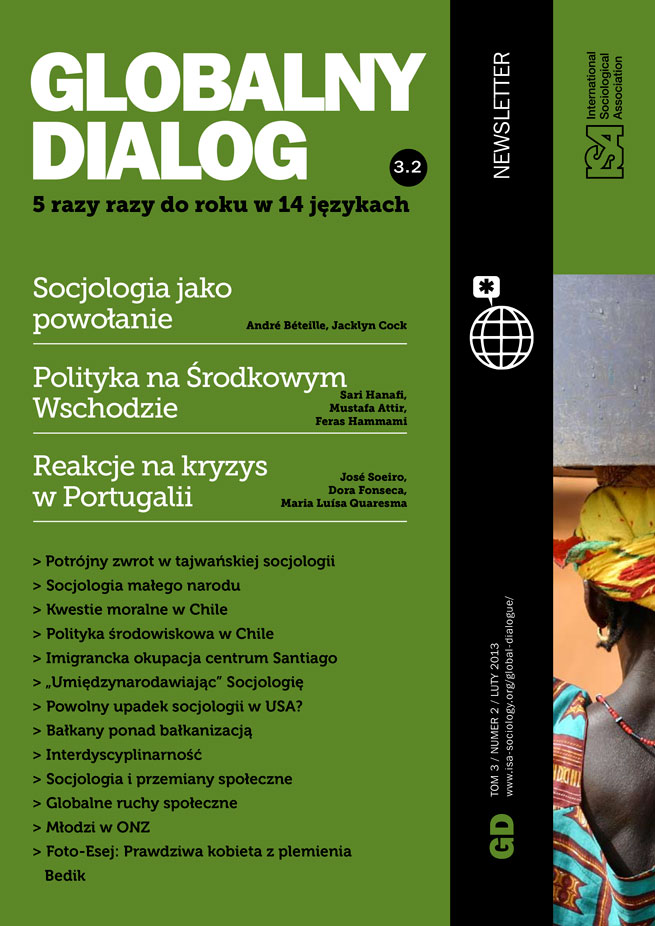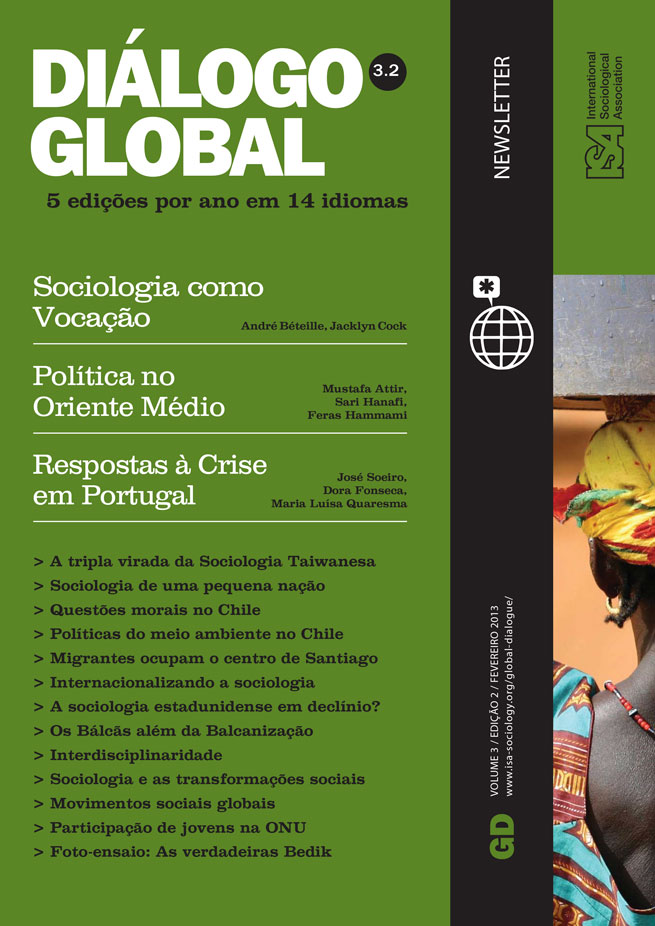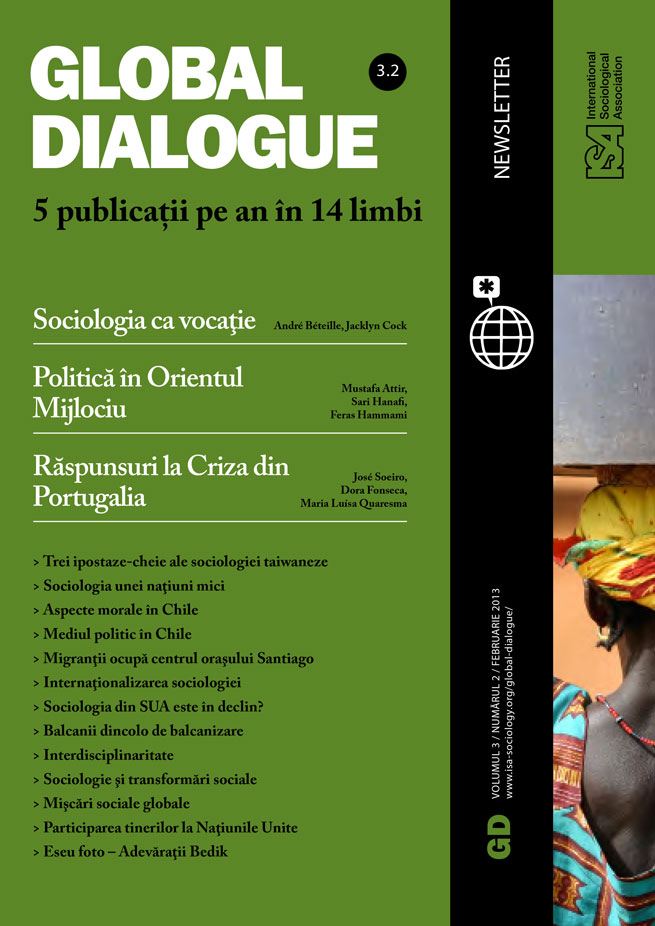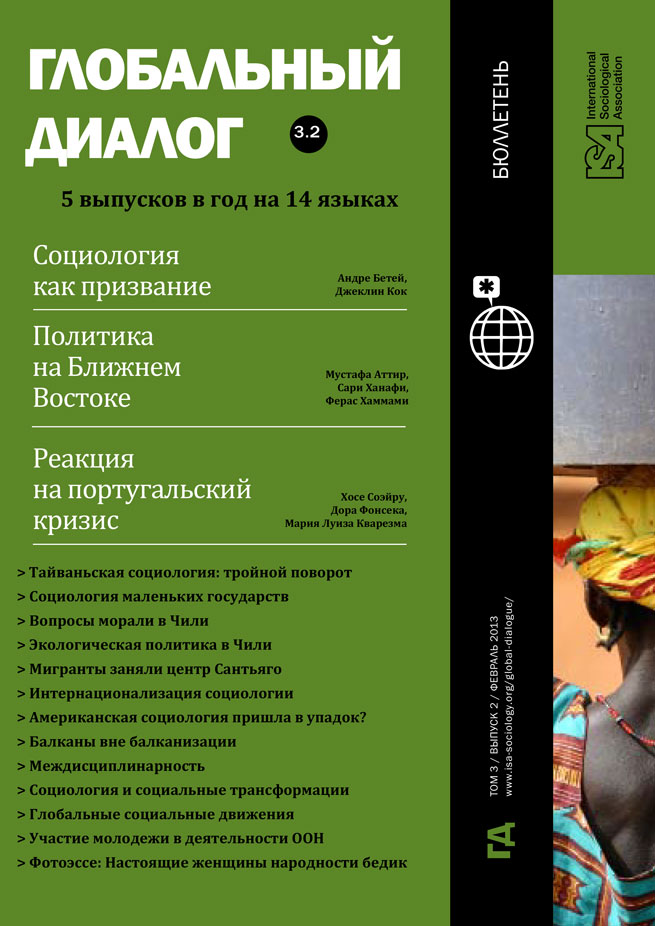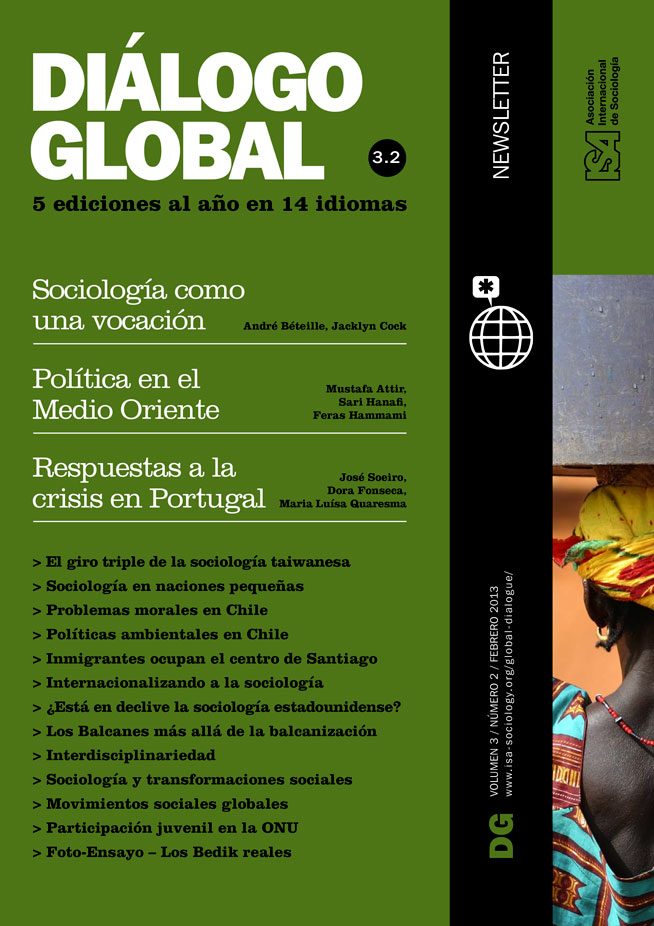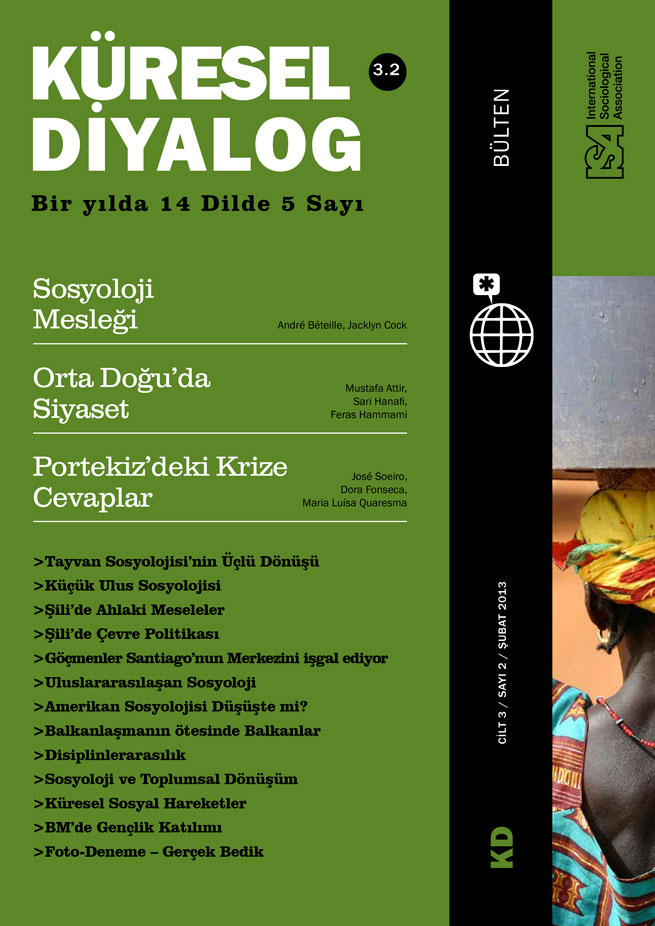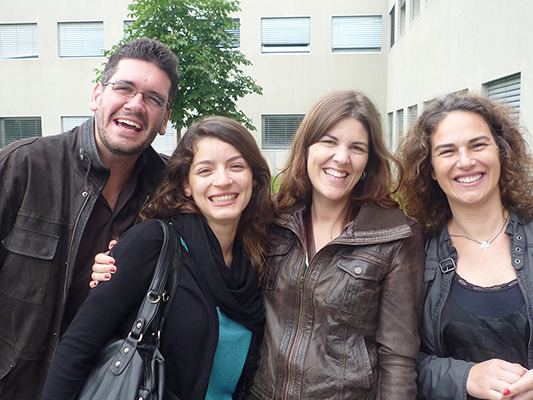Read more about Responses to Crisis in Portugal
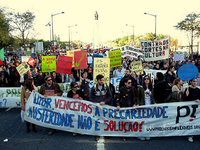
Precarious but Inflexible: The Rise of a New Social Movement in Portugal
by Dora Fonseca
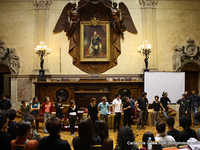
Theater of the Oppressed – A Form of Public Sociology?
by José Soeiro
February 15, 2013
The VII Portuguese Sociological Congress took place at the Faculty of Letters of the Oporto University, on June 19-22, 2012. It was organized by the Portuguese Sociological Association (APS). Founded in 1985, this association stands for the development, recognition and dissemination of Portuguese sociology that the dictatorship had regarded as an “inconvenient science.” The fall of the dictatorship in 1974 and the new age of democracy brought vitality to the newly created APS. Since the end of the 1980s we have been organizing a national congress every four years bringing the Portuguese sociological community together but also opening doors to international scientific knowledge from foreign researchers.
The theme of the congress – “Society, Crises and Reconfigurations” – was all the more appropriate for a period when economic and social disturbances have meant that predictability has given way to uncertainty, security has given way to risk, and hope has given way to fear. A program of diverse formats and themes, attracted more than one thousand sociologists, including 669 presenters, from different institutions. Even though 72% were from Portuguese institutions, we must mention that this congress gathered a high percentage (19%) of foreign sociologists, especially from Brazil.
On June 19, the pre-congress meeting took place, highlighting a novel initiative directed towards young sociologists. The idea was to organize the discussion of issues that concern those who are now starting out on a professional path within sociology – their inclusion in the labor market or the possibilities of a career doing sociological research. This first item on the program was organized around the presence of the ISA President, Michael Burawoy and was attended by 180 young sociologists. Against the grain of the conventional model of conferences – so often hierarchical and distant – the session “Conversation with Michael Burawoy,” started months before, when young sociologists proposed issues and questions that they wished him to engage. Responding to them, Professor Burawoy reflected on the democratization of scientific knowledge, the monopoly of scientific legitimacy by big centers of academic production, the possibilities of sociological intervention in the public sphere in a context of economic and social crises, and various other topics.
During the remaining three days of congress, an eclectic academic program guided by Plenary Sessions on “Society and Politics,” “Society, Democracy and Values,” and “Crises and Political Perspectives” engaged prominent public figures as well as known and respected Portuguese sociologists in a creative interaction with the audience. These panels debated topics that transcended disciplinary frontiers, laying the ground for bridges between scientific production and social and political action. Foreign and Portuguese specialists discussed the consequences for Southern Europe of policies in such fields as the economy, work and precarity, education and health, aging and social security, territory and environment. Finally, there were many thematic sessions, the most popular of which were Organizations and Professions, Sociology of Education, Art, Culture and Communication, Cities, Fields and Territories, and finally Globalization, Politics and Citizenship.
The scientific program was supplemented with a vast cultural and entertainment program which included the display of short films, a student theater forum, concerts (from known bands but also from the Homeless Orchestra, a project of the educational service from the Casa da Música), and book fairs. The three days culminated with the congress dinner, a special moment of reencounters, intertwined sociological affinities and affective entanglements. Thus, a great forum of debate and scientific discussion was concluded, leaving its mark on contemporary Portuguese society where, more and more, sociology is a vital field of intervention. The most indelible imprint, however, was on our individual biographies, updating and revitalizing our passion for sociology.
(English translation by Dalila Cerejo, Associação Portuguesa de Sociologia)
Maria Luísa Quaresma, University of Oporto, Portugal
This issue is not available yet in this language.
Request to be notified when the issue is available in your language.
If you prefer, you can access previous issues available in your language:
